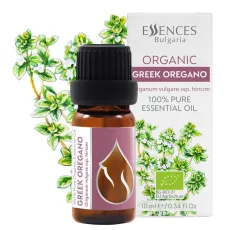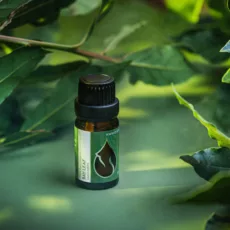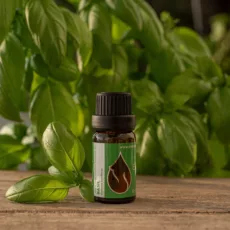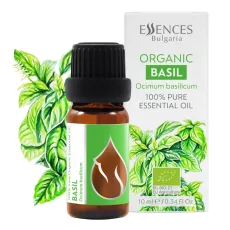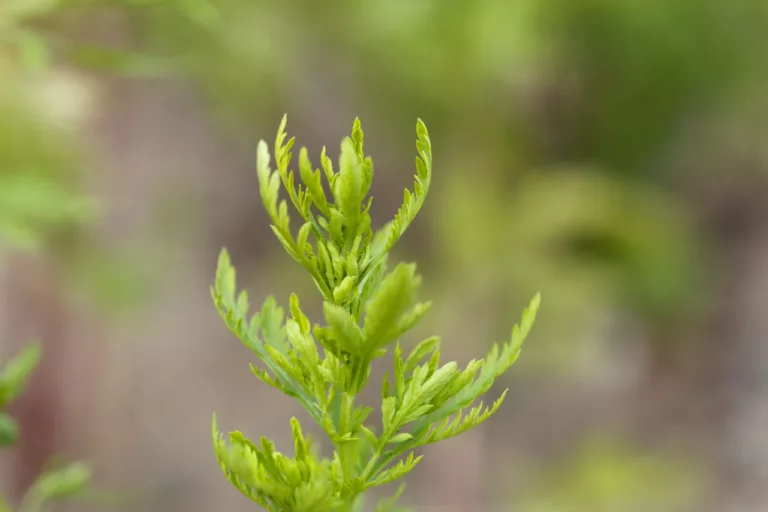Oregano
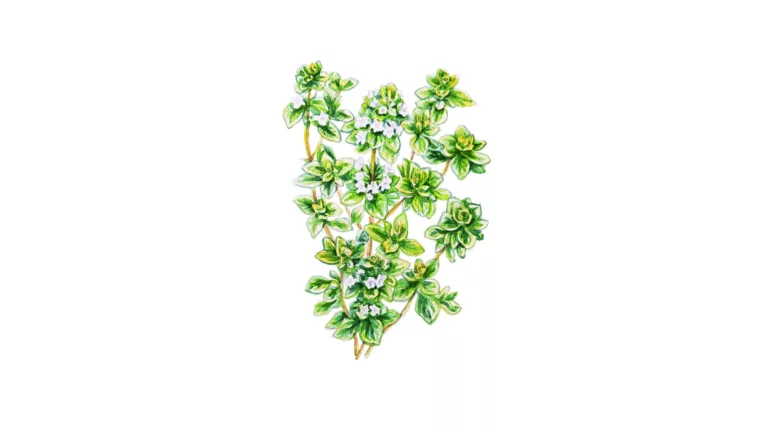
Common oregano (Origanum vulgare) is a perennial herbaceous plant from the mint family (Lamiaceae). Its flowers are small, pink-violet or red, gathered in panicle-like inflorescences.
Oregano is a potent herb with unique healing properties and a very ancient medical history. It found its place in Greek legends, where it was called the “joy of the mountain.” One of these legends is tied to Zeus’s strength: it is said he owed all his power to oregano. As a baby, Zeus was raised by a nymph on the lonely island of Crete. Crete was covered with oregano; the nymph fed Zeus the milk of a goat named Amalthea, which grazed on oregano. The legend says the infant Zeus grew by the hour and, thanks to this herb, became so strong and mighty. Oregano is considered a herb with magical power, and perhaps because of this legend it is known as the herb of magic.
The ancient Greeks knew well the herb’s unique properties and its many culinary incarnations. According to them, if oregano grew on a grave, it meant the deceased were happy. The plant was used in Greece and Rome in the wreaths of newlyweds. Oregano’s warm, soothing, aromatic flavor and distinct balsamic fragrance make it a favorite spice and medicinal herb in traditional Mediterranean cuisine.
Oregano contains essential oil, tannins, β-caryophyllene (the active component of oregano identified by British scientists), ascorbic acid, and more. Oregano tea is recommended for insomnia, chronic gastritis, and liver diseases. Oregano aids expectoration and soothes coughs. It relieves spasms in stomach and intestinal pain and in flatulence, and it improves digestion. The herb has antimicrobial action due to its high carvacrol content. It calms the nervous system.
Since ancient times oregano has been used to treat diseases of the throat and respiratory tract, women’s ailments, and as a sedative.

